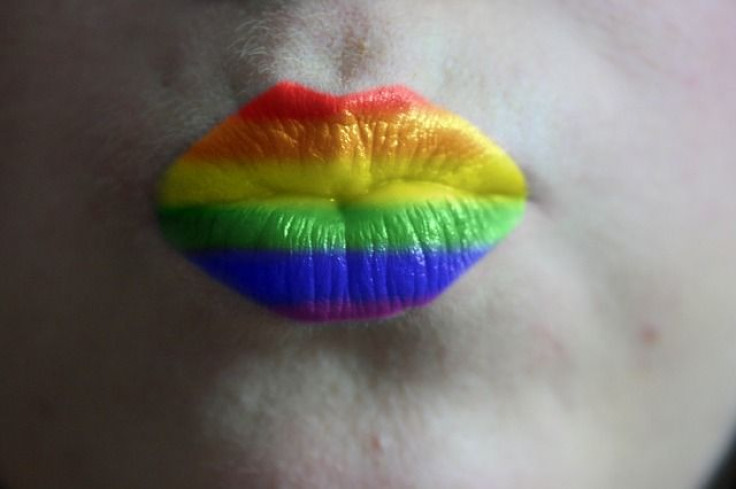Who You Hate Linked to How Smart You Are: New Study of Prejudice, Cognitive Ability

Humans may be prejudiced by nature, but a new study has found that who we choose to hate may depend on our overall intelligence. The finding reconfirms the idea that it may be human nature to dislike those who are different from us — including those who look and think differently.
According to the study, people of lower intelligence, as measured by cognitive ability, tend to be prejudiced against non-conventional or liberal groups, as well as groups that have little choice in their status, such as people defined by their race, gender, or sexual orientation. On the other hand, individuals of higher intelligence were likely to be prejudiced against groups considered conventional and groups perceived to have "high choice" in their associations, such as conservatives.
"People dislike people who are different from them," study authors Mark Brandt and Jarret Crawford told Broadly. "Derogating people with different worldviews can help people maintain the validity of their own world view."
The duo’s findings are based on the results of a questionnaire completed by 5,914 volunteers. Brandt and Jarrett measured the volunteers’ intelligence and then asked them whether or not they believed a specific stereotype about a group was justified.
The reason for these differences in stereotypes, however, is more complicated than simply not liking those who are different from you. For example, the researchers explained that less intelligent people often like to view other groups as being distinctly different from them as a way to help see them as distant and therefore less of a threat.
Sadly, people of both high and low intelligence showed the same amount of prejudice, just toward different groups. But all hope is not lost. Another recent study found that prejudice, particularly prejudice against transgender individuals, can be reduced with a simple 10-minute conversation with someone from the marginalized group.
Source:Brandy MJ, Crawford JT. Answering Unresolved Questions About the Relationship Between Cognitive Ability and Prejudice. Social Psychology & Personality Science . 2016



























